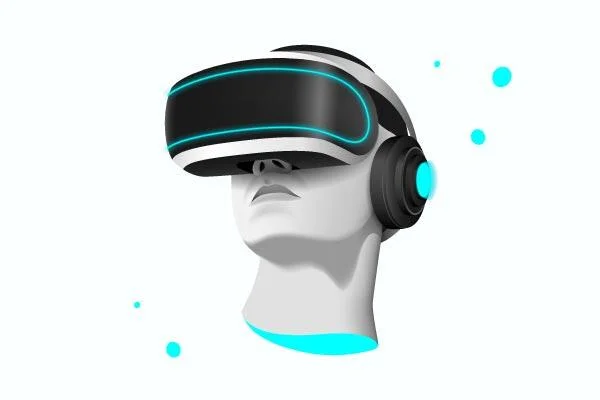Hydra Tech Insights
Stay updated with the latest in technology and gaming.
Reality Just Got Virtual: Dive In!
Explore the thrilling world of virtual reality! Discover how tech is reshaping our experiences—dive in now for the ultimate adventure!
Exploring the Metaverse: What You Need to Know
The Metaverse represents a collective virtual space that integrates augmented reality (AR), virtual reality (VR), and the internet. It allows users to immerse themselves in diverse digital environments where they can interact with others and engage in various activities such as gaming, socializing, and attending events. To navigate this complex universe, it is essential to understand its core components, including user-generated content, decentralized economies, and blockchain technology, which ensures ownership and scarcity of digital assets. As our daily lives increasingly blend with digital experiences, the Metaverse is poised to become a vital aspect of our social and economic frameworks.
As you explore the Metaverse, consider these key factors:
- Interoperability: The ability for different virtual spaces and platforms to work together seamlessly is crucial for a cohesive experience.
- User Safety: With increased connectivity comes the responsibility to ensure user privacy and security across platforms.
- Evolving Technology: Stay informed about the latest advancements in AR and VR that can enhance your experiences within the Metaverse.
Understanding these elements will help you navigate and leverage the opportunities presented by this exciting new frontier.

How Virtual Reality is Transforming Everyday Life
Virtual Reality (VR) is no longer confined to gaming and entertainment; it is increasingly permeating our everyday lives. From education to healthcare, the immersive nature of VR is reshaping how we experience and interact with our environments. In educational settings, for instance, students can take virtual field trips to historical sites or conduct science experiments in a simulated laboratory, enhancing their learning experience. Moreover, in the realm of healthcare, VR therapies are being employed to assist patients in overcoming phobias or managing pain, providing a groundbreaking approach to treatment.
The impact of virtual reality extends to the workplace as well, where remote collaboration tools are becoming the norm. Companies are leveraging VR to create virtual meeting spaces that allow teams to collaborate in a more engaging and interactive manner, breaking geographical barriers. Additionally, VR is revolutionizing the way we shop, with virtual showrooms enabling customers to try on clothes or visualize furniture in their homes before making a purchase decision. As VR technology continues to evolve, its potential to transform everyday life will undoubtedly expand, making it an exciting frontier for innovation.
Is Virtual Reality the Future of Social Interaction?
As we delve deeper into the digital age, virtual reality is emerging as a revolutionary platform for social interaction. Unlike traditional social media, which limits real-time interaction to text and images, VR provides an immersive experience where users can engage with each other in lifelike environments. This technology facilitates deeper connections by enabling users to interact as avatars in virtual spaces, allowing them to share experiences, attend events, and even collaborate on projects in ways that were previously unimaginable.
Moreover, the potential applications of virtual reality in social contexts are vast. From virtual meetups to online gaming communities, VR can redefine how we connect with friends, family, and even strangers across the globe. Consider the possibilities: attending a concert or exploring a museum with friends from different cities, all from the comfort of home. In this evolving landscape, it's clear that virtual reality may very well be the future of social interaction, offering a richer and more engaging alternative to the digital communication we are accustomed to today.